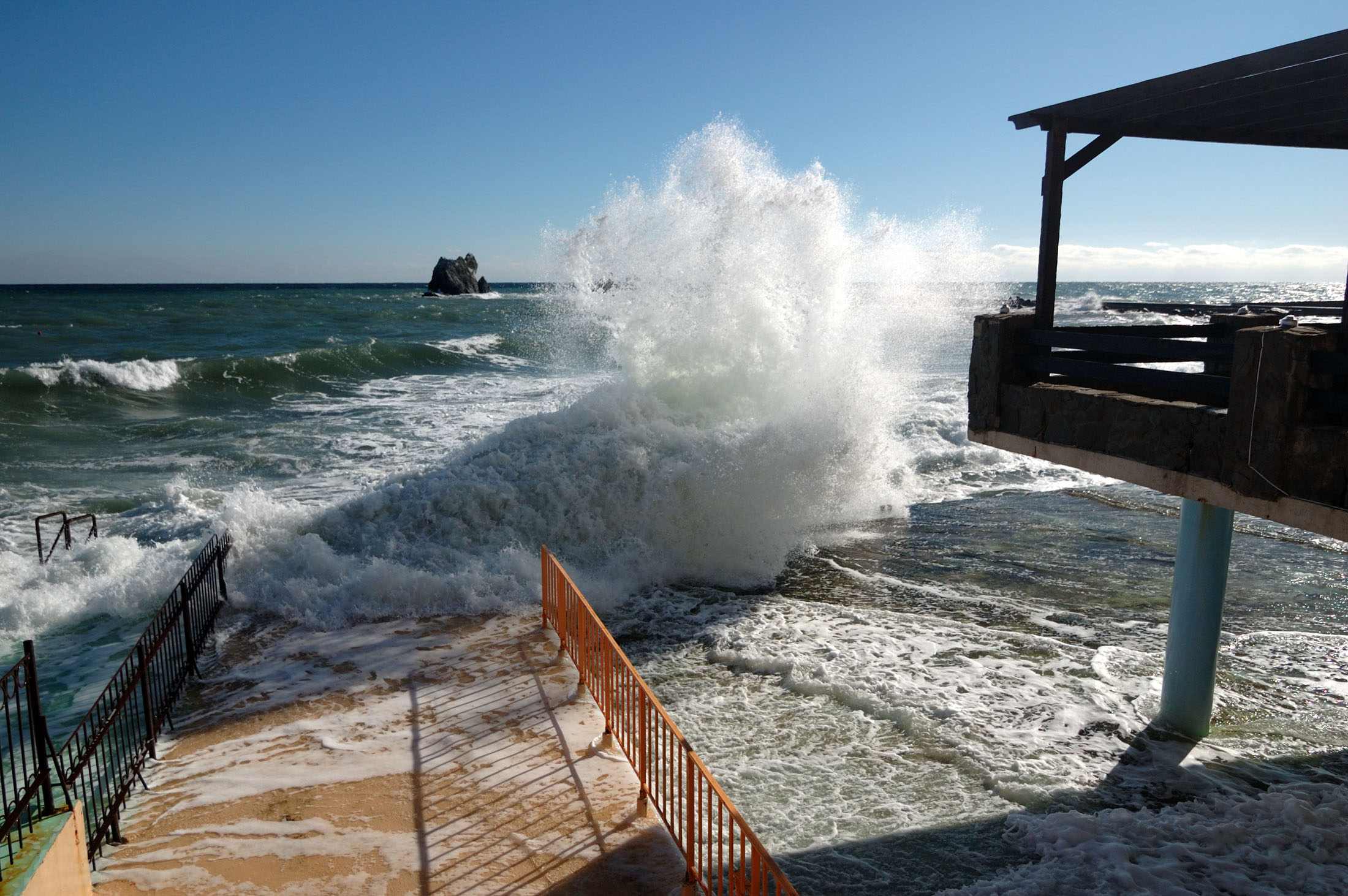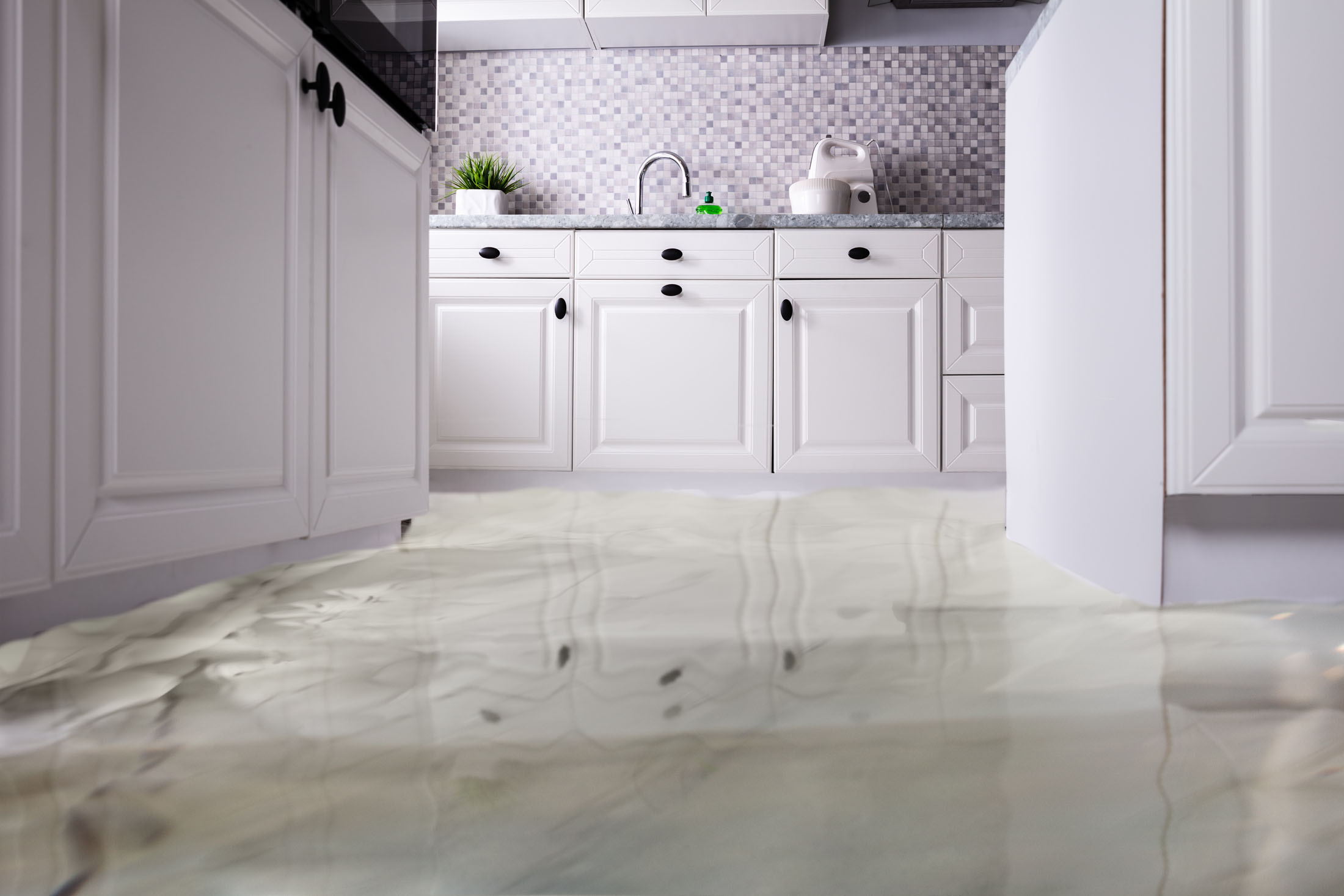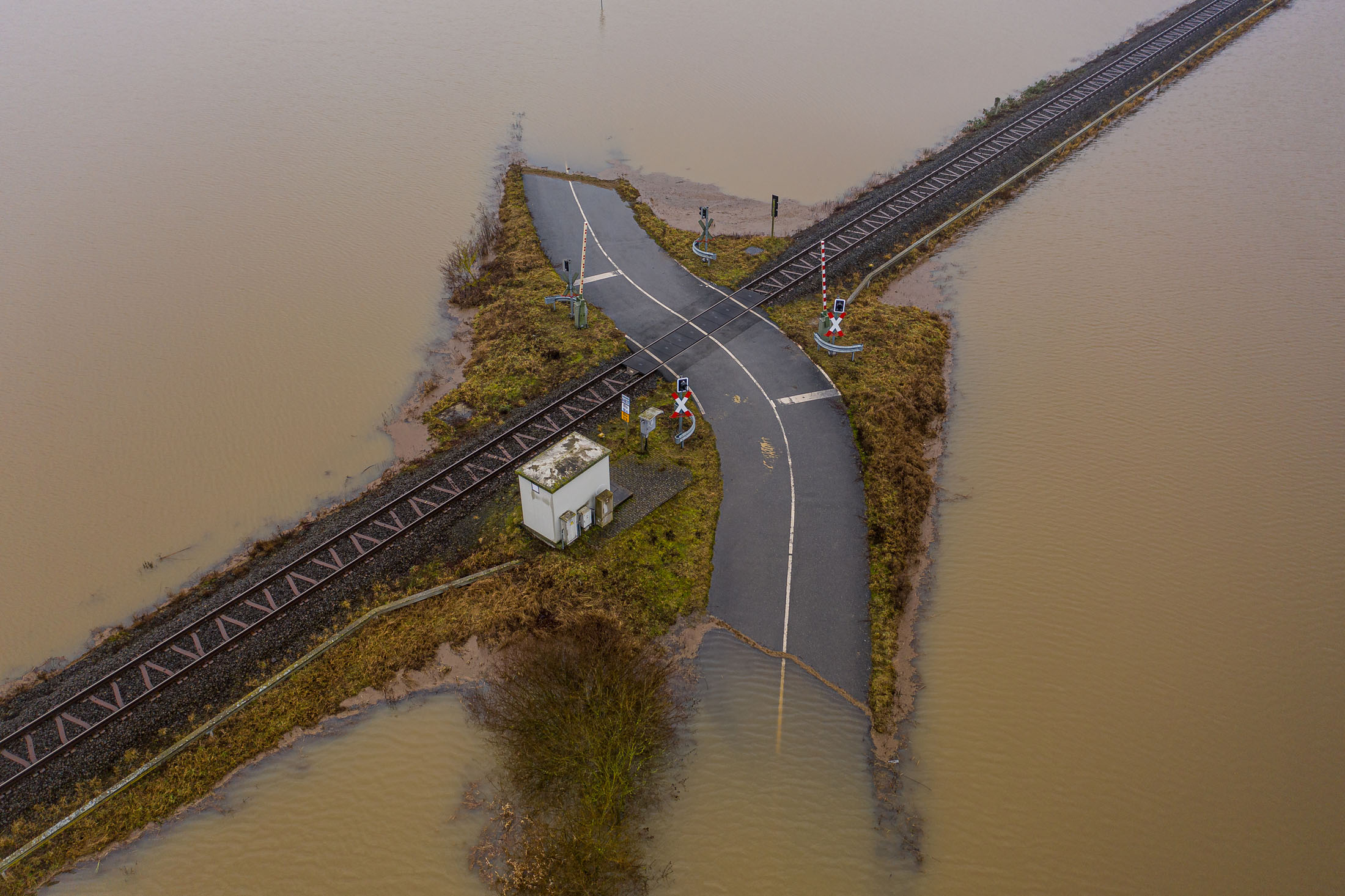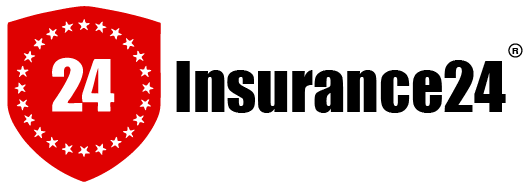Flood Insurance in New Hampshire
Also providing flood insurance to residents in Massachusetts, Maine, Rhode Island, & Vermont.
Insurance24
What is flood insurance?
Floods pose a considerable hazard that’s usually not included in most standard homeowners or business insurance policies. For New Hampshire property owners seeking to protect their buildings against rising water, flood insurance can be a vital layer of protection.
Flood insurance generally protects against water damage that’s brought on by unusual weather. Without the insurance, a property would likely be unprotected against such risks.
Who in New Hampshire should consider flood coverage?
New Hampshire property owners whose property is in a FEMA high-risk flood zone should consider — and might need — flood coverage. Other property owners may purchase coverage too.
The National Flood Protection Act of 1973 generally requires that financed properties in high-risk flood zones be insured with flood coverage. Lenders thusly require flood coverage for any properties that are financed and in high-risk zones. They might also require coverage for properties in lower-risk areas, although this isn’t stipulated by law.
Property owners shouldn’t make the mistake of assuming that only properties on coastlines and major lakes are at high risk. Mountain springs, rambling streams, whitewater rivers and ponds can all overflow enough to cause property damage. Many such properties are either in a high-risk zone, or could benefit from flood coverage regardless of zone.
A knowledgeable insurance agent familiar with flood policies will know how to determine whether a property falls within a high-risk zone.

What types of properties can flood policies cover?
Flood policies are available for most types of properties, including single-family homes, townhouses, condominiums, multi-unit rental properties, commercial structures, industrial facilities, mixed-use developments and more.
Renters usually can also access flood coverage, in which case a policy typically covers the renter’s belongings (and not the building).

What risks are covered under flood policies?
Flood policies typically cover a range of risks stemming from unusual but natural water-related events leading to property damage. Depending on the specific terms and conditions of a policy, coverage might extend to:
- Floods: Rising water levels that can occur almost anywhere. This is the primary peril that policies typically cover, and the main one most people think of.
- Abnormal Waves: Unusual waves that are large and atypical enough to meet a policy’s definition. This may be particularly important around Hampton Beach, Portsmouth and the coast.
- Mudslides and Mudflows: Coverage for mudslides/mudflows is dependent upon the terms and conditions of a policy. Property owners in the White Mountains might want to pay special attention to this. A specialized agent can help check a policy’s coverage.
- Other Risks: Some flood policies cover other risks. These will be detailed within a policy’s terms and conditions.
What coverages are available within flood policies?
Flood policies might offer several different coverages, often including:
- Building Coverage: May cover the primary structure on a property, including attached installations, like fences.
- Unattached Structures Coverage: May cover additional structures, including gazebos, retaining walls, boathouses and other structures, especially if they’re close to water.
- Personal Property Coverage: May cover personal belongings kept at the property, such as furniture, electronics, apparel, appliances, etc. This coverage might not include items housed in a crawl space or basement.
- Basement Contents Coverage: May cover personal belongings stored in a basement or crawl space, extending protection to these areas.
- Pool Repair and Refill Coverage: May cover above-ground or in-ground pools, along with surrounding features.
- Temporary Living Expense Coverage: May cover expenses such as accommodation and meals when a property becomes uninhabitable due to a flood event.
Policies under the National Flood Insurance Program (NFIP) usually provide coverages mandated by the federal program, while private market policies might extend additional protections.

Should property owners purchase a flood policy through the NFIP or the private marketplace?
The National Flood Insurance Program is a federal initiative that provides subsidized flood coverage for properties located in high-risk zones according to FEMA’s classification.
To be eligible for NFIP coverage, a property typically needs to be in a high-risk zone, and the community must participate in the program (most communities do). A knowledgeable insurance agent can check whether a particular property is eligible for the NFIP.
NFIP policies tend to be the most affordable when they’re an available option. Property owners should check the private market if they’re not in a high-risk zone, or want protections beyond what the NFIP provides.

How can property owners in New Hampshire get flood insurance?
If you’re a property owner in New Hampshire seeking flood insurance, contact the independent insurance agents at Insurance24. We’ll make sure your place is well protected
Get a free quote today!